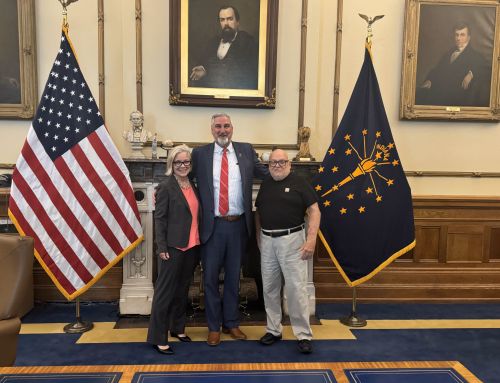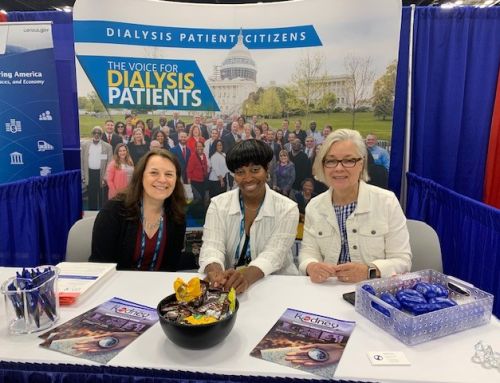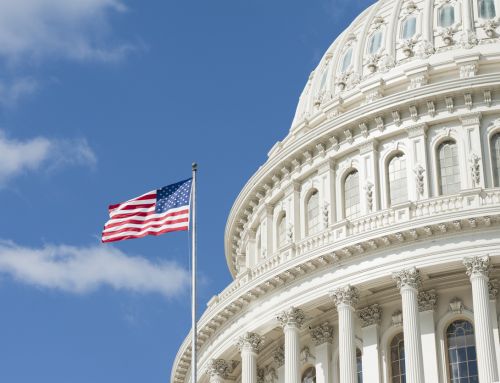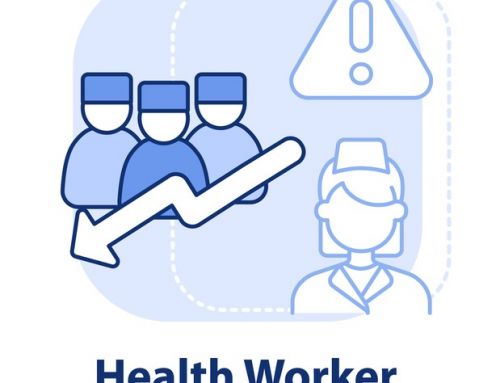Governor Doug Ducey
1700 West Washington St.
Phoenix, AZ 85007
RE: Proposed Cuts to Medicaid Coverage
Dear Governor Ducey,
As America’s largest patient-led organization representing over 28,000 members, Dialysis Patient Citizens (DPC) works to improve the quality of life of all dialysis patients through education and advocacy. Dialysis is a life-sustaining care delivered to over 12,400 patients in Arizona who have End-Stage Renal Disease (ESRD), also known as kidney failure. For those with ESRD, receiving regular dialysis or a kidney transplant are the only treatments that allow patients to continue living.
The number of individuals with kidney failure continues to grow as incidences of diabetes and hypertension, the two leading causes of kidney failure, continue to rise. Arizona has seen a 42% increase in the number of dialysis patients since 2002, which is higher than the national increase of 32%. Each year, over 2,200 people are newly diagnosed with kidney failure in Arizona
(United States Renal Data System, 2014).
In addition, because dialysis cost account for only one-third of the expenses incurred by patients, we believe it is necessary for the state to maintain Medicaid reimbursement for dialysis care at current levels which enables providers to increase intervention and avoid much more costly hospital visits. Reimbursement reductions to dialysis facilities put additional strains on many facilities that are already providing a great deal of uncompensated care to patients and are now receiving restricted Medicare reimbursement through a bundled payment system.
Further reductions in reimbursement could cause many facilities, particularly smaller ones, to close. The facilities in rural areas are typically operating in a negative margin, forcing them to close will greatly hinder access to care for many patients in Arizona. Cuts also make it more difficult for facilities to retain and recruit the best nurses and primary care technicians to deliver this life-sustaining care. Without access to high quality dialysis care, patients’ health will suffer requiring more frequent hospitalization. This will lead to increased overall state spending as well as poorer health outcomes for patients.
Thank you for your consideration of our views.
Respectfully Submitted,
Hrant Jamgochian J.D., LL.M
Executive Director























